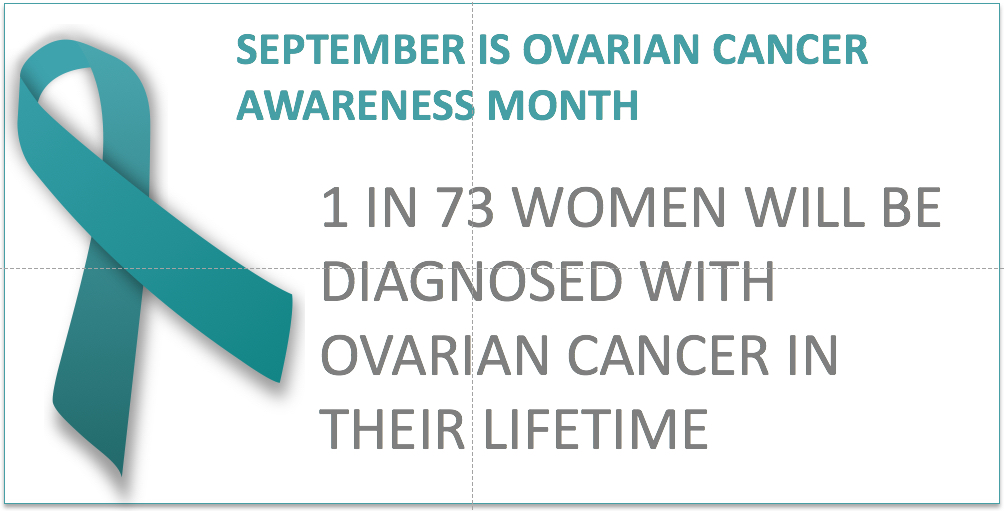The evidence is overwhelming: eating foods rich in phytochemicals can reduce your cancer risk. But, what are they and how do they work? And, most importantly, which foods deliver them to our bodies?
Phytochemicals or phytonutrients are produced by plants to protect them from bacteria, fungi and viruses. They are found in abundance in brightly-colored fruits and vegetables, whole grains, and beans. When ingested by humans, these same protective elements act as antioxidants (nutrient protectors) and may stop carcinogens from growing. Incidentally, they benefit our bodies in other ways as well, such as decreasing the risk of diabetes, hypertension and heart disease.
Foods rich in Phytochemicals:
Onions and garlic get their distinctive smell from allicin; its antifungal and antibacterial properties block certain toxins in humans.
Red, purple and blue fruits and vegetables gain their color from anthocyanins, a component that protects against tumors and fights inflammation.
Tomatoes, parsley, oranges, spinach and other yellow, orange or dark green produce are laden with carotenoids which have been found to reduce the risk of breast cancer (particularly for women with dense breast tissue), of prostate cancer, and may even reduce the occurrence and recurrence of ovarian cancer.
Broccoli, cabbage, kale, and other cruciferous vegetables have indoles, properties that actually destroy carcinogens.
Flaxseed, sesame seed, barley and whole grains are rich in lignans which act as antioxidants and slow the production of free radicals that lead to damaged cells.
Leafy greens like spinach and kale, as well as egg yolks, contain lutein, another powerful antioxidant that benefits the blood, cervix, eyes, brain and breast.
Lycopene is found in red produce (mostly tomato products) and is most beneficial when cooked. Studies found an inverse correlation between consumption of tomatoes and cancer risk; that is, the higher the consumption of tomatoes, the lower the cancer risk (particularly for prostate cancer).
Finally, citrus fruits, plums, raisins, eggplant, cereals, beans and oilseeds all contain biochemical properties called phenolics or phenols that fight cardiovascular and neurodegenerative diseases and cancer.
Wouldn’t it be wonderful if we could stop or slow cancer with nutrition? Experts in cancer research now believe this is possible. More studies of nutritional affects on cancer risk and tumor growth point to plant based diets that are showing considerable benefit and no risk to the subjects.
Having experienced too much chemotherapy, drug therapy, radiation and even clinical trials of experimental treatments, to me, nutrition is the most promising frontier in my dream of a cancer free world. Eat well to live well.
Sources:
http://www.cancer.gov/newscenter/pressreleases/antioxidants
http://www.cooperhealth.org/content/greystone_26003.htm






Add a Comment1 Comments
Good points. It really is not too difficult to just add some broccoli for dinner with a salad every night. A home made chili, grilled eggplant, etc. A little planning and benefits all around. Thanks for the reminder!
May 26, 2010 - 6:14pmThis Comment